There’s something magical about an actor who doesn’t just play a role, but completely transforms our understanding of storytelling. Jane Fonda isn’t just an actress—she’s a cultural icon who has repeatedly challenged our expectations, pushed boundaries, and captured the heart of entire generations. Her performances are more than mere moments on screen; they’re time capsules that reflect the evolving spirit of American cinema and society.
1. Klute (1971): A Groundbreaking Portrayal of Vulnerability
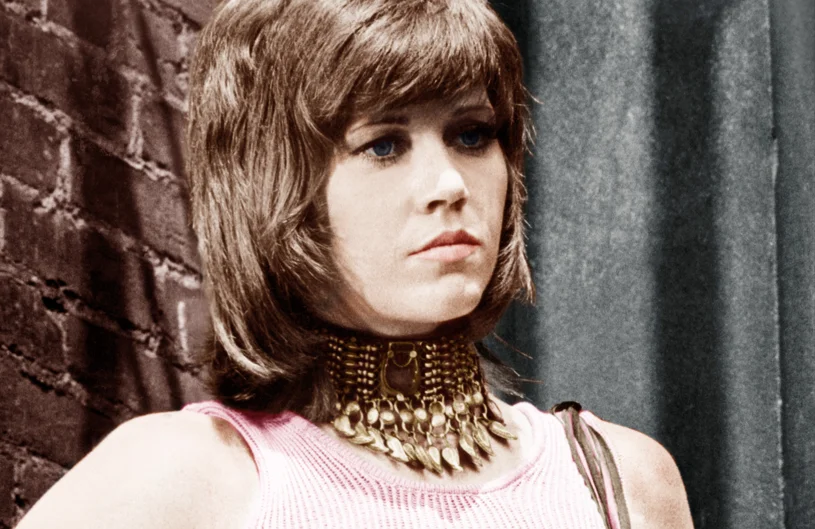
When Jane Fonda stepped into the role of Bree Daniels in “Klute,” she redefined what it meant to play a complex female character in Hollywood. Her nuanced portrayal of a call girl navigating personal trauma and professional survival earned her the first of two Academy Awards. She brought unprecedented depth and humanity to a role that could have easily been reduced to stereotype. The Criterion Collection further explores how Fonda’s brand of feminism manifests in this film.
Fonda’s performance was revolutionary because she refused to judge her character, instead presenting Bree as a multifaceted human being struggling with her choices and circumstances. She showed vulnerability not as weakness, but as a form of profound strength. Critics and audiences alike were stunned by her ability to transform a potentially sensationalized character into a deeply empathetic human story.
2. Coming Home (1978): Healing the Wounds of War
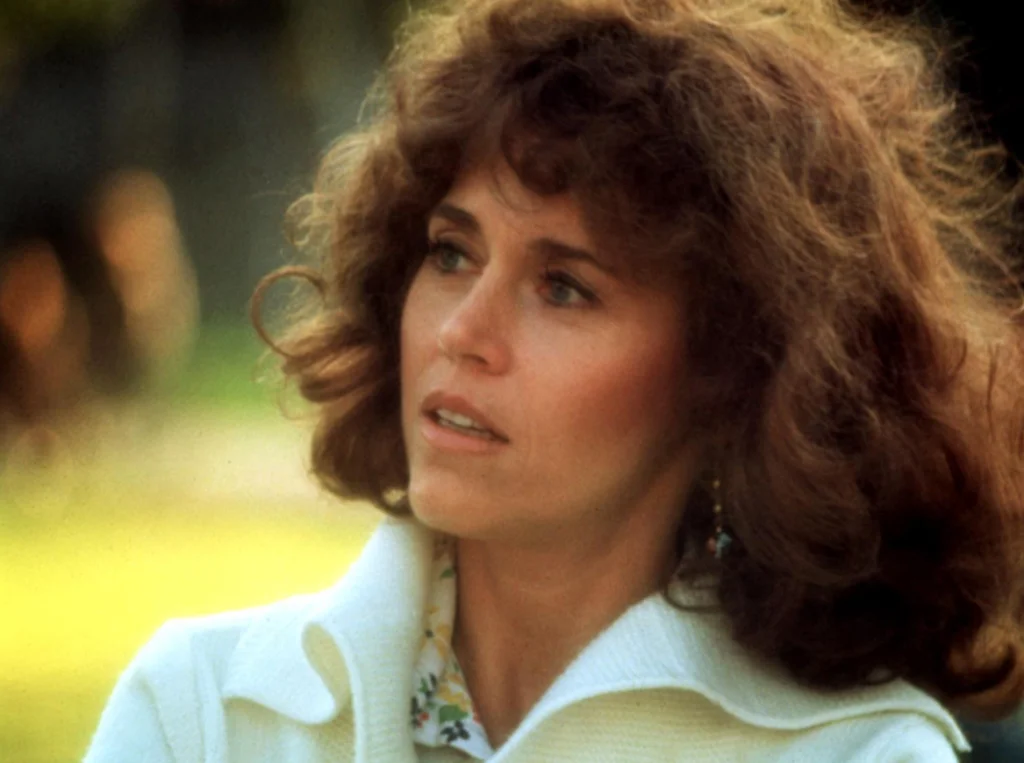
“Coming Home” represented a pivotal moment in Fonda’s career and in American cinema’s approach to the Vietnam War. Her portrayal of Sally Hyde, a military wife who falls in love with a paralyzed veteran, was both tender and politically charged. She brought incredible sensitivity to a story that challenged how Americans viewed veterans and the emotional aftermath of war. American Film Institute shined a special spotlight on this film and its place in cinematic history.
Her performance wasn’t just acting—it was a form of social commentary that helped heal collective national trauma. Fonda approached the role with deep respect for veterans and a commitment to telling a story of genuine human connection. The film became a powerful statement about love, healing, and the personal costs of war.
3. 9 to 5 (1980): Comedy as Feminist Manifesto
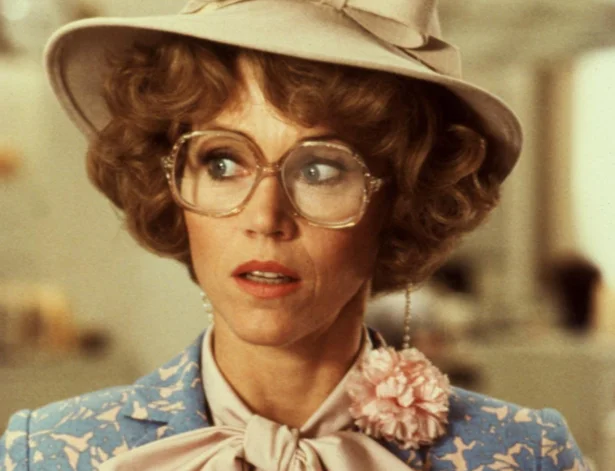
Who could forget Jane Fonda in “9 to 5,” a comedy that was so much more than just laughs? Her portrayal of a recently divorced woman entering the workforce captured the zeitgeist of women’s professional struggles in the late 1970s and early 1980s. She transformed what could have been a simple workplace comedy into a sharp commentary on gender dynamics. Rolling Stone pays special tribute to this film for still being impactful to this day.
The film became a cultural touchstone, resonating with working women across the country who were fighting for respect and equality. Fonda’s character embodied the emerging feminist spirit—smart, determined, and unwilling to accept outdated workplace norms. Her performance made serious social critique accessible through brilliant comedic timing.
4. On Golden Pond (1981): Intergenerational Healing
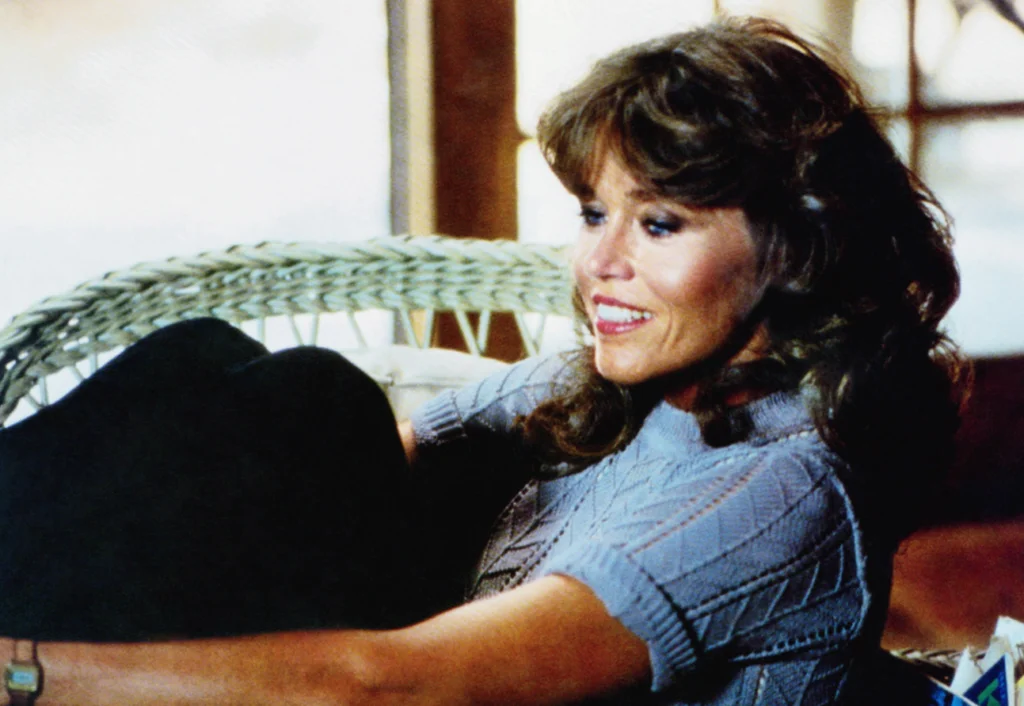
In “On Golden Pond,” Fonda took on the challenging role of Chelsea Thayer Wayne, working alongside her real-life father Henry Fonda. The film explored complex family dynamics with a raw emotional honesty that was rarely seen in Hollywood at the time. Her performance revealed deep personal vulnerabilities and the challenging journey of reconciliation.
The movie became a profound meditation on aging, family relationships, and personal growth. Fonda’s nuanced portrayal showed how adult children continue to seek parental approval and understanding. Her chemistry with her father created a deeply moving narrative that resonated with audiences of all ages.
5. Julia (1977): Friendship Beyond Boundaries
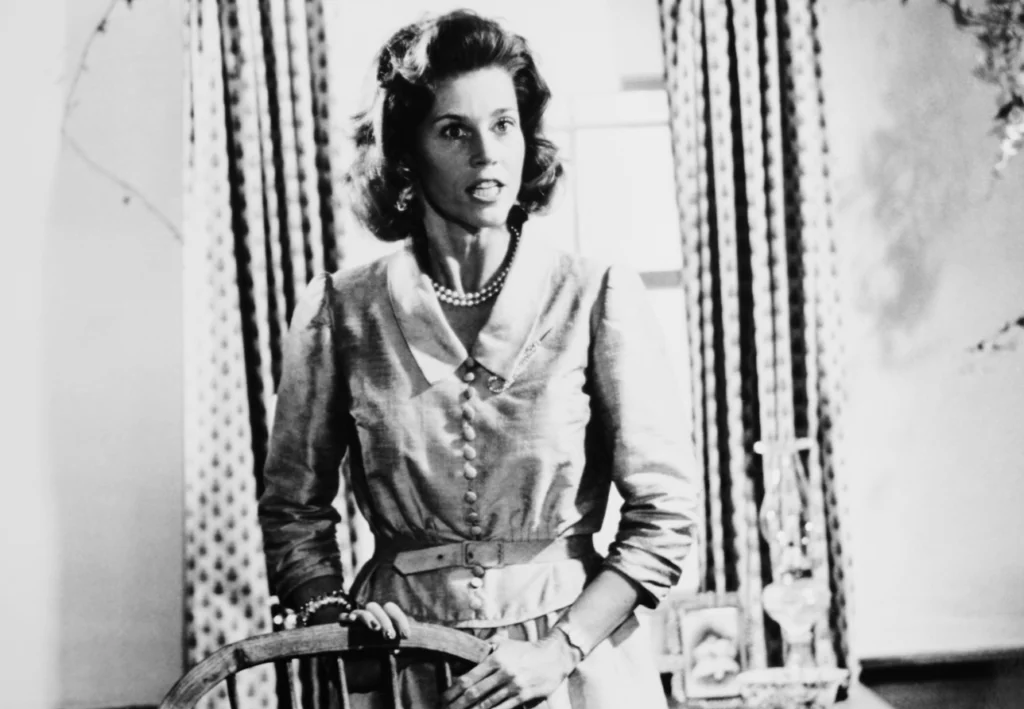
“Julia” showcased Fonda’s ability to portray profound female friendship against the backdrop of rising Nazi power in Europe. Her performance as playwright Lillian Hellman exploring her relationship with a politically active friend demonstrated her commitment to stories of moral courage. She brought incredible emotional intelligence to a narrative about resistance and personal sacrifice.
The film highlighted the power of women’s solidarity in the face of extreme political oppression. Fonda’s performance was restrained yet deeply powerful, showing how individual actions can challenge systemic injustice. She made historical drama feel intensely personal and immediate.
6. They Shoot Horses, Don’t They? (1969): Desperation and Survival
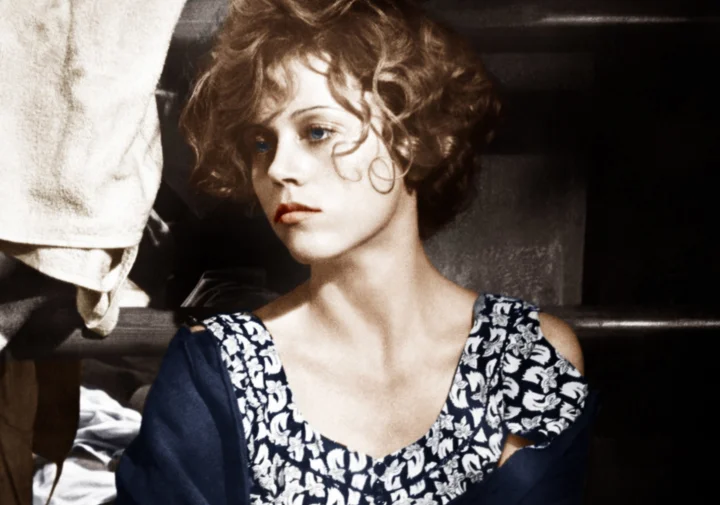
Long before she was an activist, Fonda was delivering groundbreaking performances like her role in “They Shoot Horses, Don’t They?” Her portrayal of Gloria Beatty, a desperate woman participating in a grueling dance marathon during the Great Depression, was haunting and revelatory. She captured the raw desperation of economic survival with extraordinary emotional depth.
The film was a brutal examination of human endurance and societal inequity. Fonda’s performance made audiences feel the physical and emotional exhaustion of her character. She transformed a challenging narrative into a powerful statement about human resilience.
7. Barefoot in the Park (1967): Romantic Comedy Reimagined
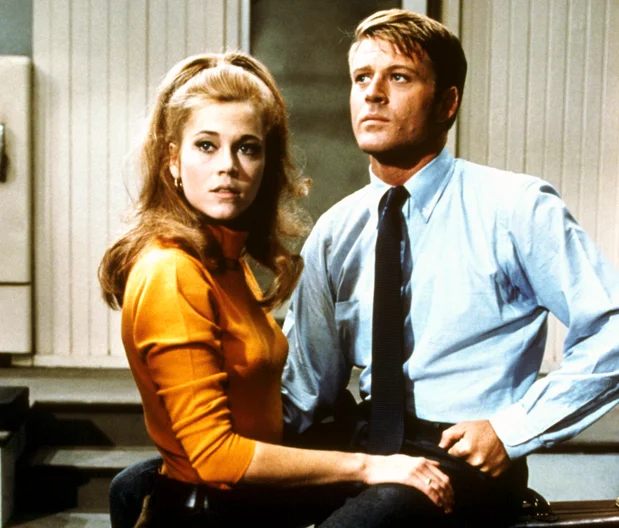
In “Barefoot in the Park,” Fonda brought a fresh, energetic approach to the romantic comedy genre. Her character Corie Bratter was spontaneous, quirky, and defied traditional expectations of a newlywed wife. She infused the role with a sense of modern independence that was revolutionary for its time.
Her chemistry with Robert Redford made the film a beloved classic that explored the complexities of young marriage. Fonda showed that romantic comedies could be intelligent, nuanced, and genuinely funny. She helped redefine the genre by bringing genuine depth to what could have been a lightweight narrative.
8. Monster-in-Law (2005): Reinventing Later Career Comedic Roles
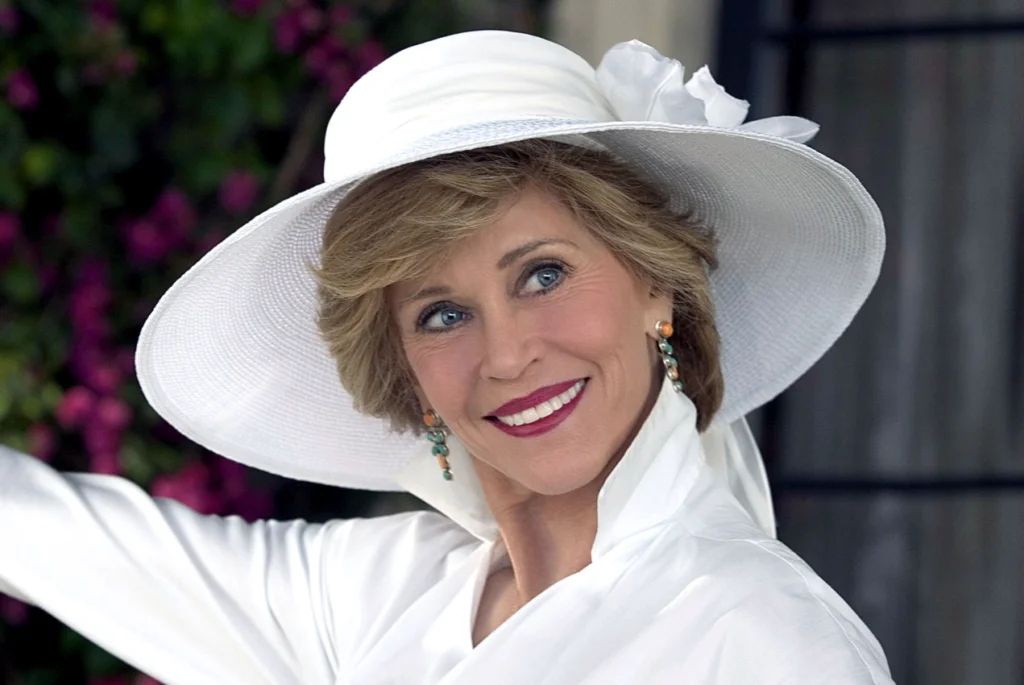
Who says actors slow down with age? In “Monster-in-Law,” Fonda proved that comedic timing knows no age limit. Her portrayal of a mother-in-law from a challenging place was hilarious and surprisingly layered. She brought sophisticated humor to a potentially one-dimensional character.
The film demonstrated Fonda’s continued relevance and ability to connect with new generations. Her performance was a masterclass in comedic acting that showed aging could be vibrant and dynamic. She refused to be typecast or marginalized, instead creating a memorable, laugh-out-loud character.
9. The China Syndrome (1979): Prophetic Storytelling
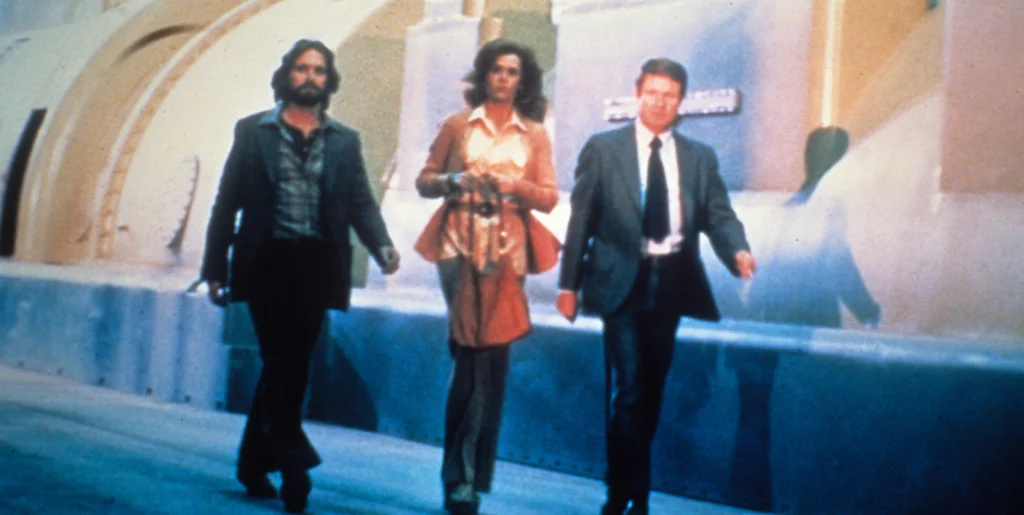
“The China Syndrome” was more than a film—it was a prescient exploration of nuclear power risks. Fonda’s performance as a television reporter uncovering potential nuclear plant dangers was both compelling and politically significant. She brought journalistic integrity and moral urgency to her role.
Remarkably, the film’s release coincided with the Three Mile Island nuclear incident, making its narrative feel incredibly timely. Fonda showed how cinema could be a powerful tool for raising social awareness. Her performance transcended entertainment, becoming a form of social activism.
10. Georgia Rule (2007): Complex Family Dynamics
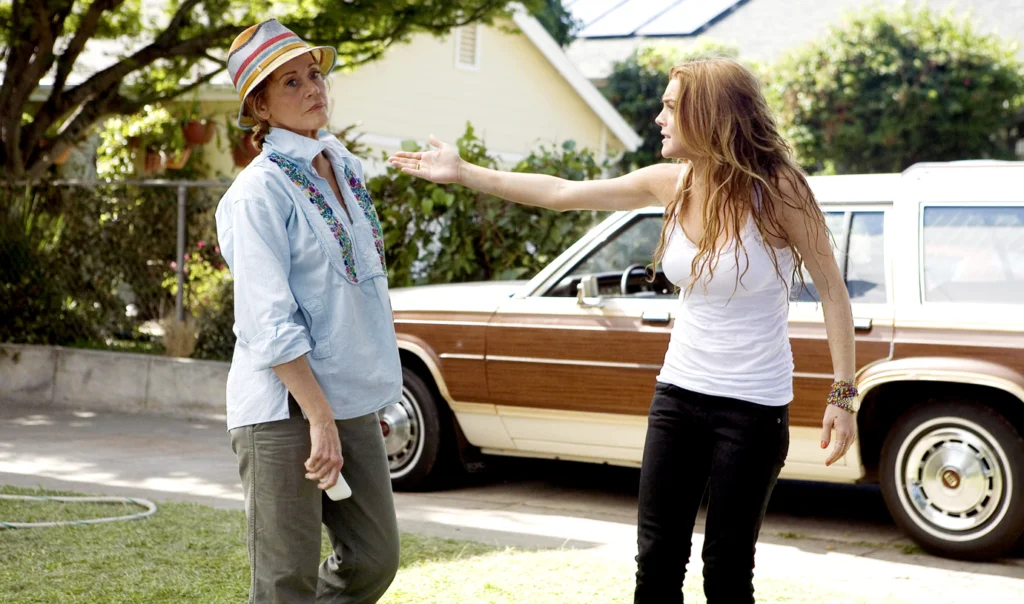
In “Georgia Rule,” Fonda explored intergenerational family trauma with remarkable nuance. Her portrayal of a strict grandmother dealing with complex family secrets was both tough and tender. She brought layers of complexity to a role that could have been simplistically drawn.
The film demonstrated Fonda’s continued ability to find depth in challenging family narratives. Her performance showed how family relationships are never straightforward but always deeply human. She brought compassion and understanding to a potentially melodramatic story.
11. The Morning After (1986): Challenging Genre Expectations
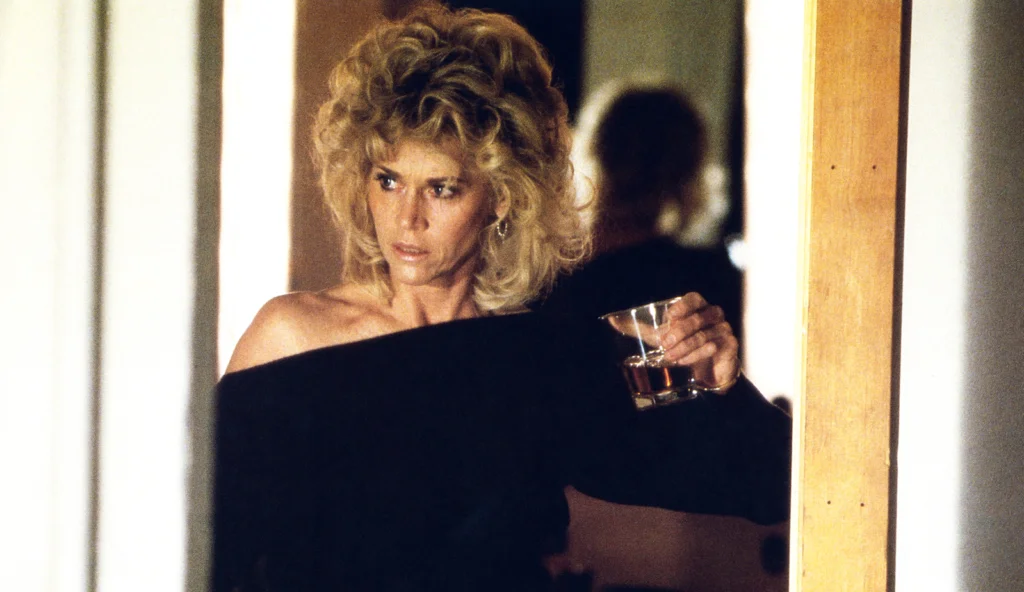
“The Morning After” saw Fonda delivering a powerful performance in a thriller that defied typical genre expectations. Her portrayal of an alcoholic actress suspected of murder was raw and uncompromising. She refused to make her character either completely sympathetic or entirely unsympathetic.
The film showcased Fonda’s ability to bring psychological complexity to genre films. Her performance elevated what could have been a standard mystery into a character study. She demonstrated that genre films could be vehicles for serious dramatic exploration.
12. Grace and Frankie (2015-2022): Redefining Senior Storytelling
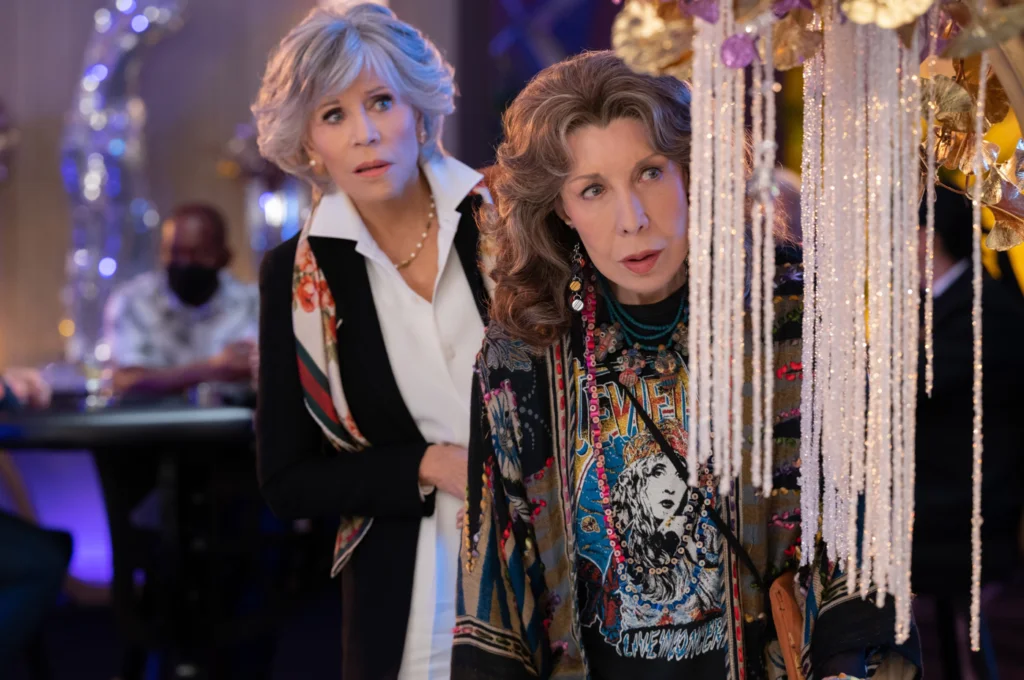
With “Grace and Frankie,” Fonda revolutionized how we think about stories involving older women. Her portrayal of Grace Hanson challenged every stereotype about aging, showing seniors as vibrant, sexual, and continuously evolving. She brought humor, vulnerability, and incredible energy to a role that celebrated later-life reinvention.
The show became a cultural phenomenon that changed narratives about aging and friendship. Fonda proved that compelling storytelling has no age limit. She continued to be a transformative force in entertainment, showing generations of viewers that life’s most interesting chapters can happen at any age.
These performances represent more than just moments in cinema—they are testament to Jane Fonda’s extraordinary ability to reflect, challenge, and ultimately reshape our cultural narratives. From her early dramatic roles to her later comedic turns, she has consistently demonstrated that great acting is about more than entertainment—it’s about revealing profound human truths.
Her legacy isn’t just about the roles she’s played, but about how she’s used her platform to illuminate important social issues, challenge societal norms, and inspire multiple generations. Jane Fonda didn’t just act in films—she used film as a powerful medium for social commentary, personal expression, and collective understanding.


